Recovery is key to getting faster, but it seems to take longer as we get older. Luckily, there are many factors beyond age that influence your ability to recover.
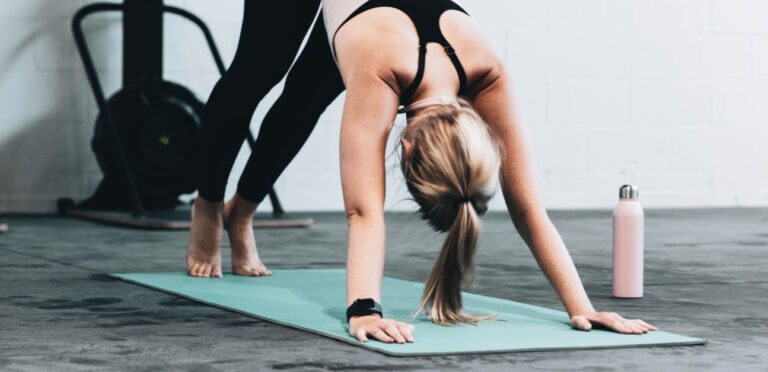

Recovery is key to getting faster, but it seems to take longer as we get older. Luckily, there are many factors beyond age that influence your ability to recover.
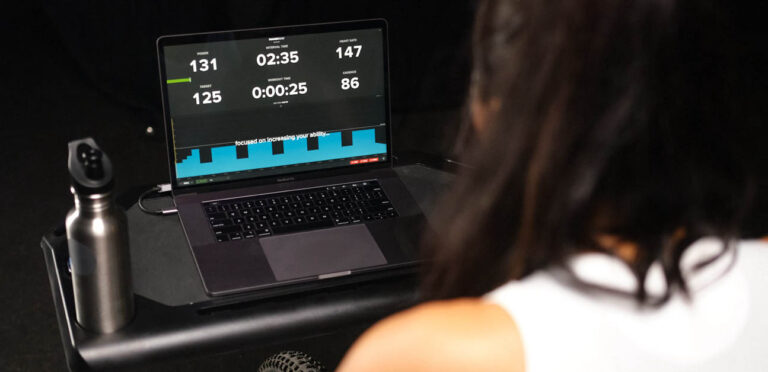
Science is at the heart of what we do at TrainerRoad. Often, that means diving deep into the research to answer your questions about cycling training, nutrition, and recovery—all to make you a faster cyclist. Here are the top five deep dives of 2020 from the Ask A Cycling Coach Podcast.
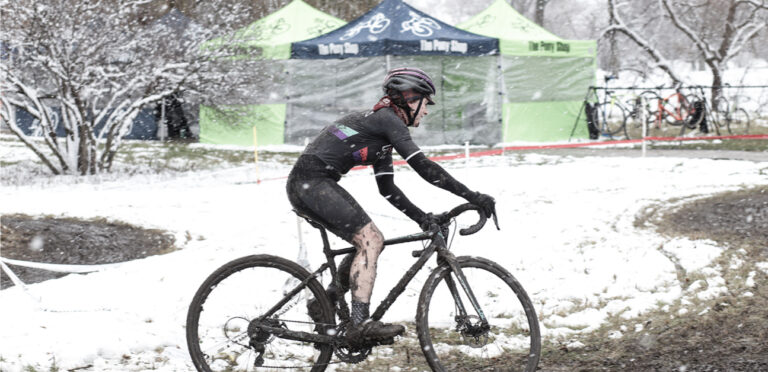
If you want to race cyclocross or are looking to take it more seriously, Successful Athlete, Laura Alagna, is here to share her tips for getting started with cyclocross and getting a cat two upgrade.
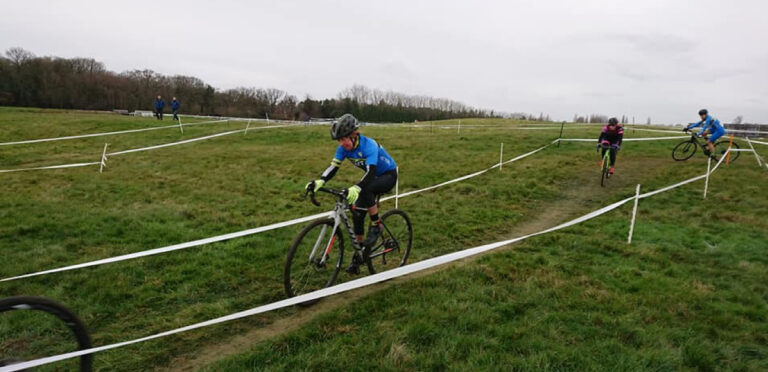
Lydia Gould, a 64-year-old cyclist with a history of impressive accomplishments, thought she was “too old to improve” before she signed up for TrainerRoad. But over three months, she raised her FTP by thirty watts, turned VO2 Max work from a weakness into a strength, and added more race victories.

When it comes to endurance training, your sleep is just as vital as your workouts. In the age of marginal gains, improving your sleep is the most significant change you can make to improve your performance. This article will cover how you can increase your sleep quality and quantity.
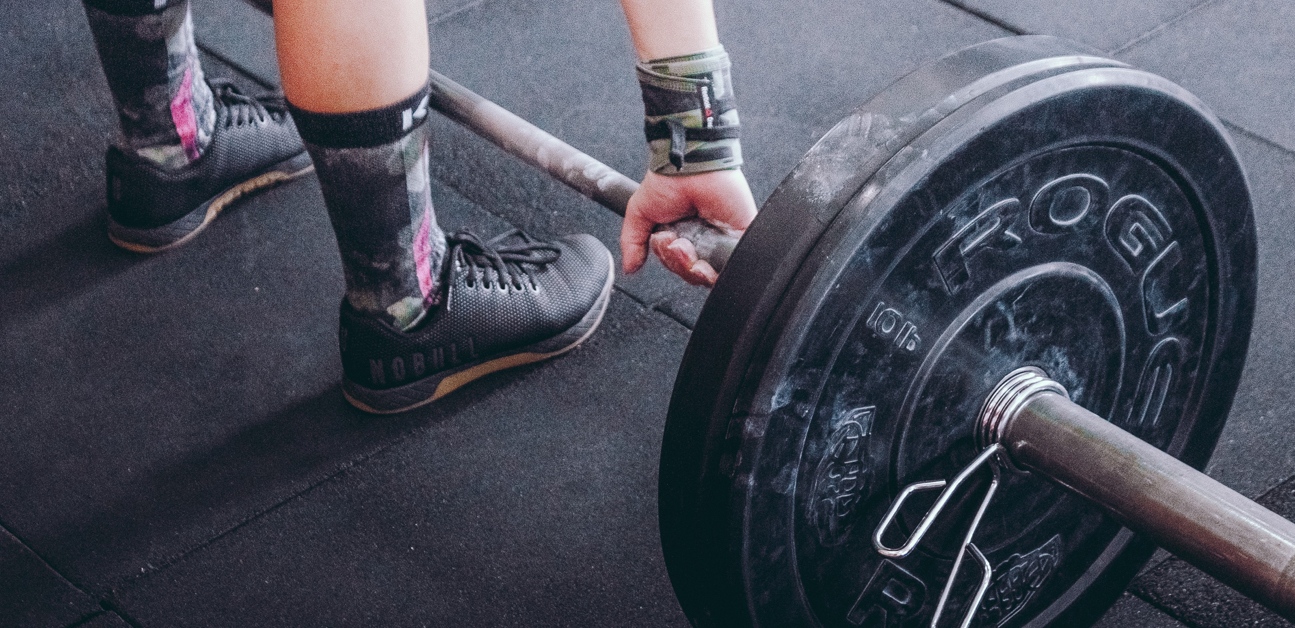
Cyclists ask a lot of their muscles, but not all muscle is the same and different muscle types function in different ways. Let’s examine muscle types and consider how building muscular strength can make you faster.
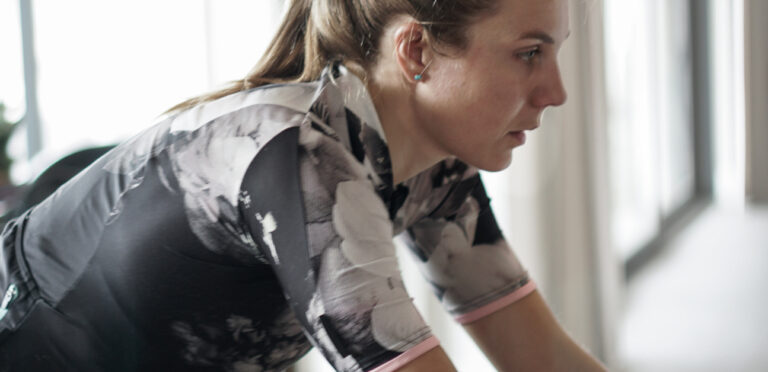
The aerobic energy system is the most important way a cyclist’s body utilizes energy. How does it work and how can you train it?
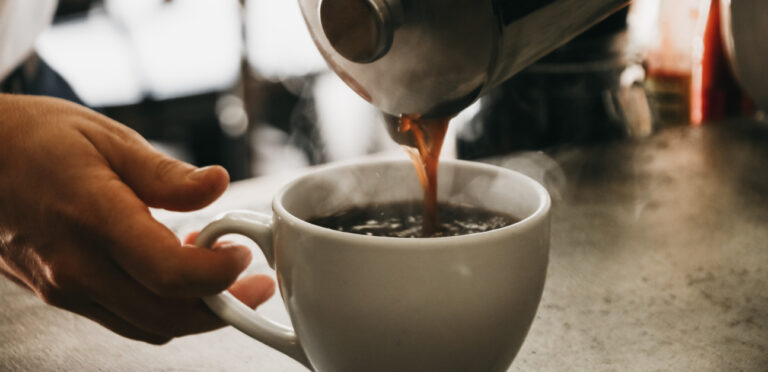
Caffeine is the world’s most popular drug, and is closely associated with cycling culture. Should you be incorporating caffeine into your training in a more deliberate way?
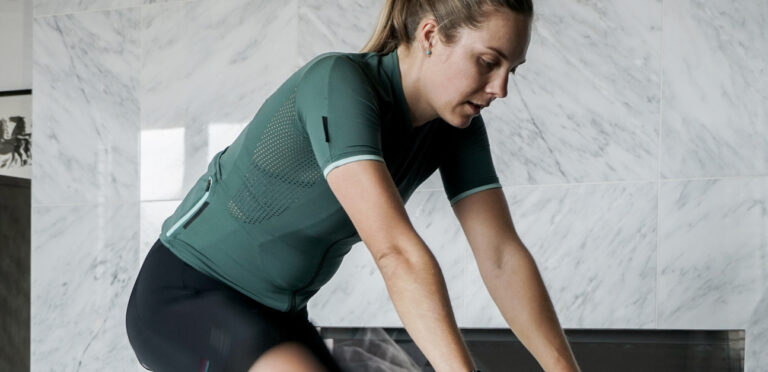
You’ve finished a ride and are resting with your feet up. Then you stand up and suddenly feel lightheaded. What gives? You’ve just experienced the effects of postexercise hypotension. But what is postexercise hypotension, the causes, and how can you manage it?
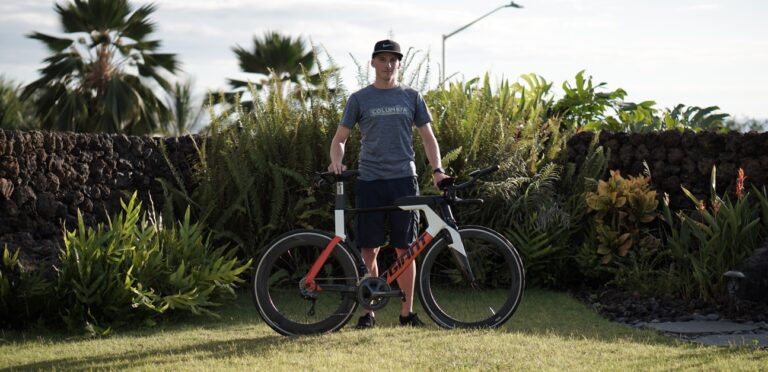
Kona. The name alone inspires both fear and awe in endurance athletes around the world. Norman Banick headed to Kona for the 2019 Ironman World Championship with lofty goals—finish under nine hours and place in the top 100. After being battered by Hawaiian sun and wind, Norman finished 102nd overall with an incredible time of 9:11:09.